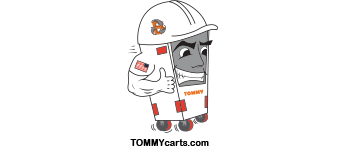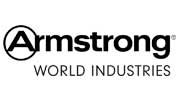Drywall Recycling Market: Soil Amendment and Plant NutrientGypsum is a common soil amendment and has historically been applied for several different purposes. Gypsum provides a source of calcium and sulfur for plants; it is commonly applied to peanut crops in the Southeast US as a source of calcium at rates of 600 to 800 pounds per acre. Many vegetables, including potatoes and corn, have been shown to benefit from gypsum application. Unlike lime, gypsum does not raise the pH of soils and it is thus preferred for crops that require calcium but where the soils are already alkaline (and can not accommodate pH adjustment). Gypsum has also been found to be useful for reclaiming very salty soils; the calcium in the gypsum substitutes for the sodium in the soils, allowing the sodium to leach away. Gypsum has the ability to flocculate clayey soils that have drainage problems. The processing requirements for gypsum drywall that is applied to soil may differ somewhat from industrial markets. While foreign materials such as nails and corner beads should be removed, agricultural uses can tolerate some ground paper in the mixture. The presence of trace components (such as lead from lead based paint) might be of greater concern when land applied (relative to the industrial uses) because of the potential for human contact and soil or groundwater contamination. The method of gypsum application will control the size of the material and the degree of processing needed. With some application techniques, larger pieces of drywall may cause damage to plants when thrown from the spreader at high velocities. If the drywall is being tilled into the soil, large sizes may be permissible as size reduction will also occur during the application process and plant damage from application is not a concern. While some recyclers have marketed bagged gypsum products for soil and plant application, the largest uses are the bulk applications by farmers. |























